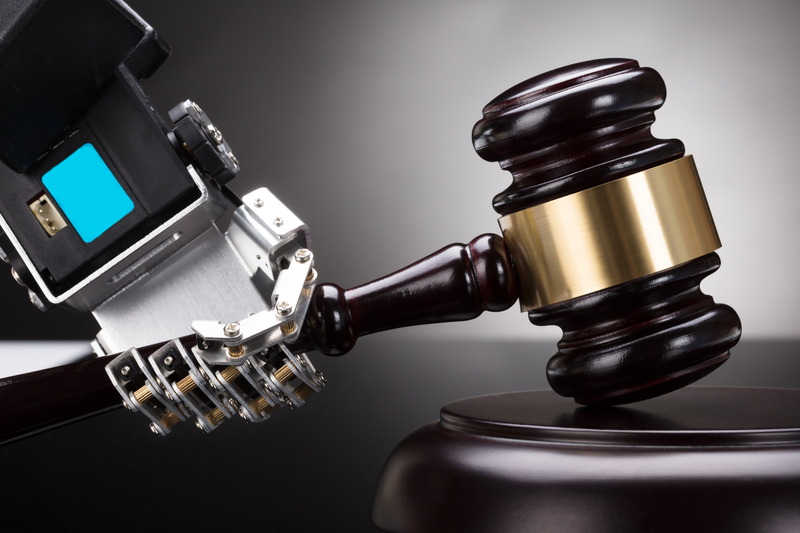Guilty as Charged, But…

I’m just a plainspoken Colorado criminal defense lawyer, but the way I see it…
Editor’s Note: I’m often asked, as I was today, how a lawyer can keep a straight face when pleading with a jury to acquit their extremely guilty client. So often asked, in fact, that this time I asked another to explain it instead. What follows is what they said was their closing argument in behalf of a drunk driving client who was not only merely guilty, but really most sincerely guilty.
Ladies and gentlemen of the jury, today I stand before you to defend my client against the charge of driving under the influence.
While I understand that drunk driving is a serious and dangerous crime, I must insist that my client is, in fact, not guilty. Allow me to present my case.
Firstly, dear jurors, I would like to point out that my client was not merely driving under the influence, but in fact, he was engaging in a very elaborate and well-executed performance art piece. You see, my client is a method actor, and on that fateful evening, he was honing his skills in the role of an intoxicated driver. His commitment to the character was so deep that he even went so far as to immerse himself in the smells, tastes, and sensations associated with intoxication.
While his performance may have been astonishingly realistic, I assure you, it was just that—a performance. It is said that life imitates art, and in this case, it seems that art has imitated life a little too closely.
Furthermore, ladies and gentlemen of the jury, I ask you to consider the road upon which my client was traveling. It was a desolate stretch of highway, devoid of any other motorists. In this context, his actions were less a reckless endangerment of others and more a lighthearted exploration of the limits of performance art in the public sphere. This is not to minimize the potential risks associated with driving under the influence, but rather to emphasize that, at least in this innocent role play, no harm was done.
Finally, ladies and gentlemen of the jury, I must address the elephant in the room: the breathalyzer test. Yes, it is true that my client’s blood alcohol level was well above the legal limit. However, I would argue that this was not a result of his own consumption, but rather a result of the malfunctioning breathalyzer. We all know that technology can be unreliable, and on this particular occasion, it seems that the breathalyzer was in on the joke.
In conclusion, dear jurors, I humbly request that you find my client not guilty of driving under the influence. In his imaginative scenario, in which he was literally playing a role, let us embrace the humor of the situation and remember that, at least in this fictional context, no harm was done.
But, in all seriousness, drunk driving is a dangerous crime that poses a significant risk to public safety, and it should never be taken lightly. This was an actor’s deep dive into a role, and should not be interpreted as condoning or promoting drunk driving in any way.
His rather admirable dedication to his craft should not be punished with a deep dive into a hole.
Editor’s Epilogue: I never did find out if this client was found guilty or not. In all the excitement, after I directed the artificial intelligence bot GPT-4 to write a closing argument for why an extremely drunk client should be found not guilty of drunken driving, this first day of April, I forgot to ask.